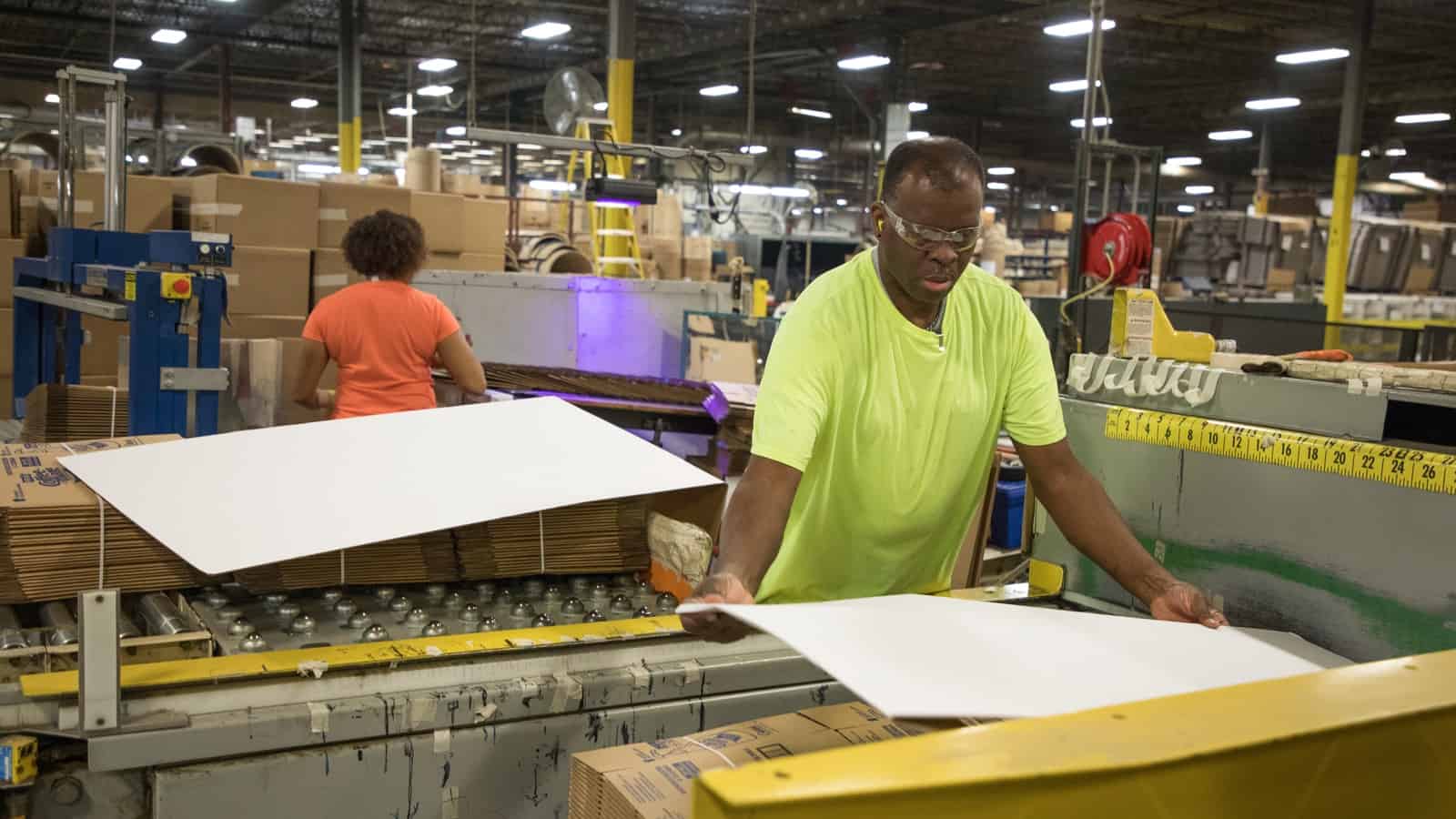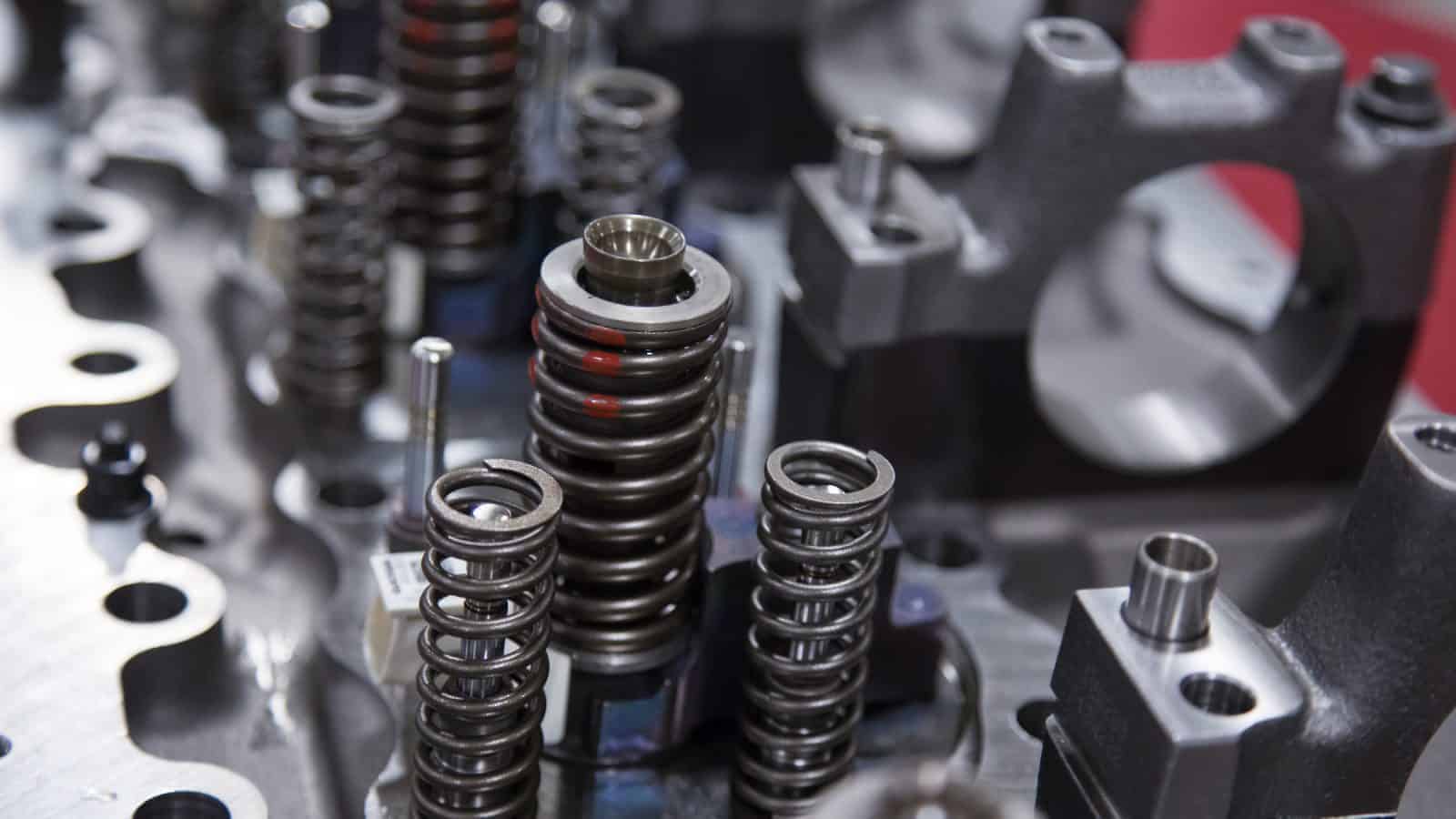Why R&D Matters to International Paper

Innovation is getting more expensive—and that should worry all of us.
Until recently, businesses could deduct 100% of their R&D expenses in the same year they incurred those costs. But a tax law that took effect at the beginning of 2022 requires businesses to spread their deductions out over five years instead, driving up the cost of the innovations that keep our economy strong.
At International Paper—an American supplier of renewable fiber-based recyclable packaging and pulp products—that change is causing serious challenges. We spoke to Vice President of Finance and Corporate Controller Holly Goughnour and Senior Director for Government Affairs Kaitlin Sighinolfi to learn more.
Why it matters: “Our company invests in R&D for two main reasons: making better products for our customers and creating safer, more efficient and sustainable manufacturing processes,” said Goughnour.
- “We spend a lot of time and money working to make a better performing, more sustainable and more durable product, but innovation is about more than the product—it’s also about improving the safety and efficiency, and reducing the environmental impact, of our operations.”
The scale: International Paper devotes a significant portion of its resources to innovation, and as a result, the change in tax law has an outsized impact.
- “Much of our free cash flow goes to R&D activities,” said Goughnour. “The change in tax law has resulted in a significant amount of additional cash taxes in this first year, reducing the amount of capital available to invest back into our business, including additional R&D.”
The competition: Goughnour and Sighinolfi also emphasized the need for a tax system that helps manufacturers in the U.S. to compete with companies abroad. According to Goughnour, the new tax change does the opposite.
- “The new tax law enables European and Chinese competitors to accelerate their R&D faster than us,” said Goughnour. “We’re in a global marketplace, and the new tax law puts U.S. manufacturers at a competitive disadvantage.”
- “Almost nobody else in the world has this policy,” said Goughnour. “R&D is an absolute growth engine for the U.S. economy. Why would we have a tax policy that discourages investment in R&D? It makes no sense.”
The last word: “Ours is a supply chain story,” said Sighinolfi. “Innovation should be part of the overall manufacturing value chain, but the new law reduces the value of innovation, slowing investment in innovation and ultimately hurts American businesses, employees and consumers.”
